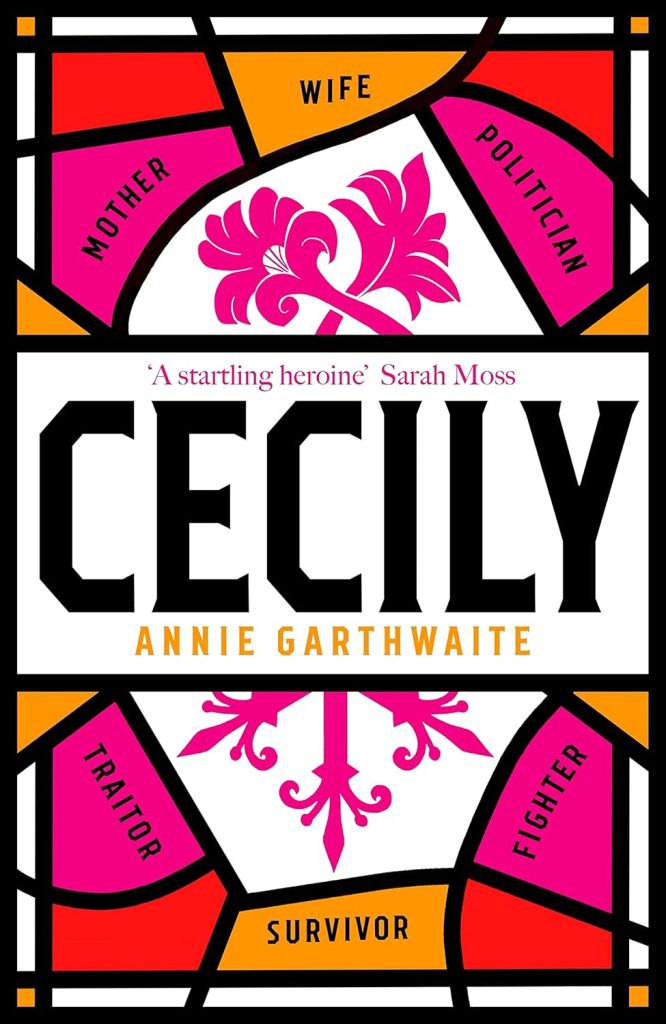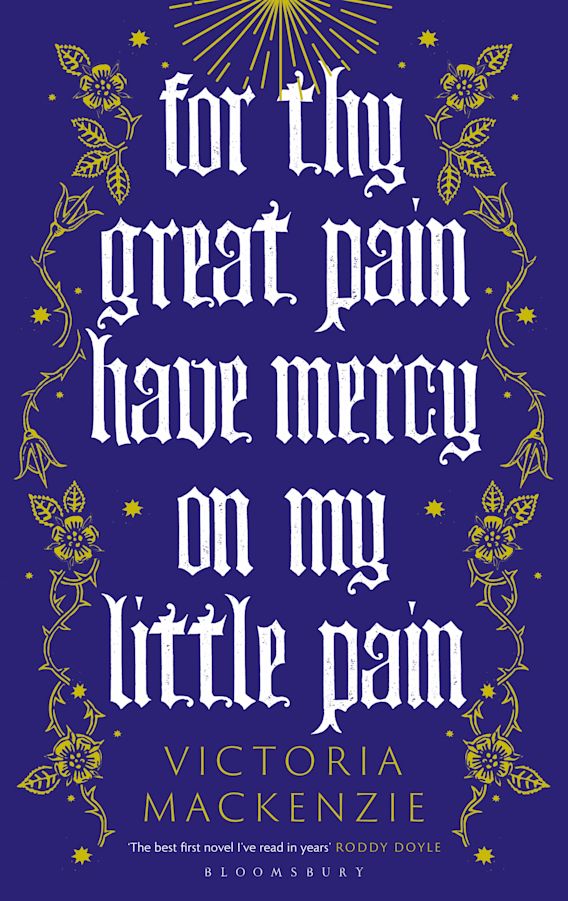Wolfgang Mozart was remarkable. But then, so was his sister Nannerl. We’ve heard a lot about George Orwell, less about his fascinating wife Eileen O’Shaughnessy. How familiar are you with Dame Alice Kyteler, the first woman in Ireland to be condemned as a witch? Or Marie de France, a 12th century poet? Or Artemisia Gentileschi, one of the finest painters of the 17th century? Talented, smart, ambitious women came before us, as well as talented, smart, ambitious men. And yet, too much of women’s history has been erased or forgotten. It is through literature that we’re finally beginning to understand where we really come from.
I’m fascinated by the history of music. It’s by exploring this that I first discovered a collection of female orphans from 18th century Venice were fundamental to the birth of the concerto, and to their teacher— Antonio Vivaldi’s—compositions. Without these women and girls we wouldn’t have the most famous piece of music in the world, “The Four Seasons.” My novel, The Instrumentalist, imagines the life of one of these orphans: Anna Maria della Pietà. She was Vivaldi’s star pupil.
Picture a world without the Beatles, or Taylor Swift, without Claude Monet’s art or Maria Callas’ voice. Anna Maria della Pietà was the pop star of her day, a world-famous violinist that even kings and queens admired, and yet almost no one has heard of her. I decided I would do everything I could to tell her story.
Researching The Instrumentalist, I could feel the weight of all that we have lost. This enormous cavity where the stories that ignite our imaginations and the works that sing very our souls should be. Literature has the power to breathe light into the shadows. I decided that by combining fact and fiction I could try to do justice to the beauty of Anna Maria’s mind. A novel could demonstrate her determination and resilience, and how it might feel to be as talented as her and yet, still, capped by being a woman in the 18th century. We should never have forgotten Anna Maria della Pietà. And so, in The Instrumentalist, her key aim is to be remembered.
I’m not alone in my mission to bring back the women who came before us. There is a growing army of books exploring history from the female perspective, reimagining what has been lost. The following list celebrates just seven of my favorites. But this is only the beginning—a starting point to whet your literary appetite. History continues to be written. Bolder, more colorful, more nuanced and inspiring than ever. It continues to be imagined.

Cecily by Annie Garthwaite
Annie Garthwaite’s exquisitely researched novel is set in 15th century England. It imagines the life of Cecily, Duchess of York, who was mother to two kings—both Edward IV and Richard III. But in the novel Cecily is much more than a wife and mother—she is a genius political player, maneuvering the puppet strings during the Wars of the Roses.
Matrix by Lauren Groff
In 12th century England there lived an extraordinary woman named Marie de France. While much of her history has been lost, in Matrix, Lauren Groff paints her as an assertive, visionary leader and queer woman. She marshals her convent of nuns into bloody battle and actively shapes the world she wants to see.
Bright I Burn by Molly Aitken
Being a woman with power was a dangerous thing in the 13th century. Molly Aitkinson’s Bright I Burn explores the life of Alice Kyteler, the first woman in Ireland to be condemned as a witch. Determined not to suffer the same constraints as her own mother, it’s a passionate reimaging of what women have suffered simply for wanting freedom.
Hamnet by Maggie O’Farrell
Too many historians have painted Agnes Shakespeare as a calculating cradle-snatcher for marrying the younger William Shakespeare. In Hamnet, Maggie O’Farrell challenges this interpretation and paints Agnes as a thoughtful, sensitive woman with a deep love of her husband and children. O’Farrell’s Agnes is someone with a remarkable ability to understand others and, more than anything, a desperate mother grieving the loss of her son.

For Thy Great Pain Have Mercy On My Little Pain by Victoria MacKenzie
The Book of Margery Kempe is believed by many to be the first autobiography in the English language, and Juliana of Norwich’s writings are the earliest surviving English-language works by a woman. In For Thy Great Pain Have Mercy on My Little Pain, Victoria McKensie brings these two extraordinary women back with flare, celebrating both characters as courageous, visionary, and impossible, because of McKensie’s writing, to forget.
Briefly, A Delicious Life by Nell Stevens
Nell Stephen’s debut Briefly, A Delicious Life explores the life of writer George Sand through the eyes of a long-dead ghost who is in love with her. It’s a joyfully original story which does justice to Sand’s strong personality and remarkable relationship to composer Frédéric Chopin. Both plot, and prose, are delicious.
Disobedient by Elizabeth Fremantle
Artemisia Gentileschi was one of the finest painters of the 17th century, and yet many people have never heard of her. She remains lost no longer thanks to Disobedient, Elizabeth Freemantle’s gripping novel, which chronicles Artemisia’s struggle to achieve all she was capable of within the constraints of her time.
The post 7 Novels That Shine a Light on Overlooked Women in History appeared first on Electric Literature.
Source : 7 Novels That Shine a Light on Overlooked Women in History














